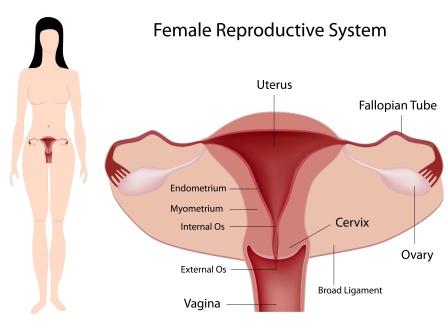Ashotone Syrup is a proprietary Ayurvedic medicine manufactured by Solumilks Pharmaceuticals. It is a uterine sedative, useful to control heavy periods and painful periods.
Table of Contents
ToggleBenefits
Benefits of Ashotone Syrup:
- Possesses potent hemostyptic effect & controls bleeding.
- Regularizes menstrual cycle.
- Relieves associated symptoms like stress, anxiety & debility.
- Non-hormonal & safe.
Ingredients
Ingredients of Ashotone Syrup:
Each 5 ml of syrup contains-
- Ashoka [Saraca indica] – 500 mg
- Lodhra [Symplocos racemosa] – 300 mg
- Ashwagandha [Withania somnifera] – 150 mg
- Shatavari [Asperagus racemosus] – 150 mg
- Kulanjana [Acorus calamus] – 150 mg
- Rasna [Pluchea lanceolate] – 150 mg
- Gokshura [Tribulus terrestris] – 150 mg
- Daruharidra [Berberis aristata] – 150 mg
- Haritaki [Terminalia chebula] – 150 mg
- Shweta sariva [Hemidesmus indicus] – 150 mg – Sariva is known as Indian Sarsaparilla. It is different from Sarsaparilla. Its botanical name is Hemidesmus indicus. In Ayurveda system of medicine, it is widely used in the treatment of oligospermia, gastritis, anorexia, menorrhagia etc.
- Chandana [Santalum album] – 100 mg
- Pippali [Piper longum] – 50 mg – Pippali – Long Pepper is a very unique spice. It has all qualities of a typical spice like useful in indigestion, asthma, cough etc. but it is also a very good aphrodisiac and anti aging spice. Consider this – Pleehamaye Pippali – For all spleen related disorders, Pippali – Long pepper fruit is the best.
- Katuka [Picrorrhiza kurroa] – 10 mg
- Kaseesa bhasma – 10 mg – Kasis Bhasma is an Ayurvedic medicine, prepared from Green Vitriol – Ferrous Sulphate. It is used in Ayurvedic treatment of Anemia, Fever, Spleen diseases etc. This medicine should only be taken strictly under medical supervision.

Uses
Indication of Ashotone Syrup:
- Menorrhagia
- Dysfunctional uterine bleeding.
Dose, duration of use
Dosage – 10 – 15 ml, once or twice a day, after food, or as directed by Ayurvedic doctor.
How long to use?
It can be taken for a period of 2 – 3 months with gradual decrease in dosage.
With western medicines
Seek your doctor’s advice if you are taking this product along with other western (allopathic/modern) medicines. Some Ayurvedic herbs can interact with modern medicine.
If both Ayurvedic and allopathic medicines are advised together, then it is best to take allopathic medicine first, wait for 30 minutes and then, after a gap of 15 – 30 minutes, take Ayurvedic medicine or as directed by the physician.
Can this be used while taking Homeopathic medicine?
Yes. This product does not react with homeopathic medicine.
With supplements like multivitamin tablets, Omega 3 fatty acids etc?
Yes. Generally, this product goes well with most of the dietary supplements. However, if you are taking more than one product per day, please consult your doctor for an opinion.
Side effects, package, shelf life
Side effects of Ashotone Syrup:
This product is not suitable for people with diabetes, since it contains sugar.
There are no recorded side effects with this medicine.
It is not suitable for patients with delayed periods patients or patients with less bleeding.
Store in a cool dry place, in an air tight container, away from direct sunlight.
Keep out of reach and sight of children.
Presentation & Package: Pet bottle of 210 ml.
Shelf life or expiration date: 3 years from the date of manufacture.
Habit forming
Is
this medicine habit forming? Does it create dependence? Can we stop it after a
few months of usage?
This
medicine is not habit forming. After using for the prescribed period, your
doctor would gradually decrease the dose and eventually stop it. Follow your
doctor’s instructions for gradual decrease of dose and stopping. Usually it
does not cause any ill effects.
Please consult your doctor before taking this medicine.
This article is written by Dr. Janardhana V Hebbar BAMS, MD (Ayu), PGDPSM, Managing Director, Easy Ayurveda Hospital.
It is reviewed by Dr. Raviganesh Mogra BAMS, MD (Ayu), Chief Medical Officer, Easy Ayurveda Hospital








